A recent study commissioned by the personal care company Schick revealed that 85% of men prefer to see everyday people depicted in advertising. Inspired by their findings, the brand interviewed men across the country, forgoing the use of professional models, actors, or celebrities for a more candid, documentary-style aesthetic.
The study—and subsequent rebrand—was one in a series released in recent years that point to a significant change in advertising. Whereas once commercial images focused on “aspirational” scenes, mostly featuring models and actors, today’s consumers are increasingly interested in seeing more honest representations in marketing. Schick’s research also found that seven in 10 men wish they could see men who look like themselves in personal care ads, while 75% look for brands that empower them to live as their unique selves.
For that reason, authentic, unscripted lifestyle photos can form the foundation of a successful commercial portfolio in 2022. Here are five simple tips for directing and posing your models, while capturing real-life moments as they unfold.
Get to know each other (without the camera)
Fostering genuine connections with your models before the shoot is critical, and building trust is the key to documenting those relatable moments that can’t be faked. If possible, meet with your models for coffee, and go over your goals for the shoot. If you can’t, set up a video call. Feel free to invite their input and tailor the session to their needs, as you see fit. Ask where they would feel most comfortable, whether it’s at home or in a favorite local park or beach.
Consider incorporating the activities they enjoy as a family, whether it’s playing soccer in the backyard or cooking dinner in the kitchen. During pre-production, you can also share some inspirational photos to give your models an idea of the “vibe” and what kinds of images you’re hoping to create. The more you share with them about your experience as a pro—and your mission for this shoot—the better.
Provide some direction…
When you’re working with non-professional models, it’s important to give them some support and guidance, especially at the beginning of the shoot. With groups, in particular, your ability to be confident and take charge can make all the difference. While posing your models (e.g., “put your arm here,” “look over there”) can result in stiff, staged-looking portraits, it can be helpful to give looser prompts that are open to interpretation (e.g., “think about the moment you met,” “whisper something in his ear”).
It’s also important to give your models something to do so that you can capture them “in action.” It can be as simple as playing fetch with the dog, baking cookies, or planting flowers in the garden. These activities encourage your models to immerse themselves in the moment and express themselves. Even asking someone to walk or dance can create some great candid shots.
“Assigning a role can also be helpful, especially when working with children,” the 500px team tells us. “Asking them to be their parents’ special helper in the kitchen, for example, can help the child forget about the camera.” Different groups will need different levels of direction, so tailor your approach to your models.
… but know when to step back
Real emotions resonate, so catching those genuine expressions will always be more important than capturing the “perfect” pose. “Capture a feeling!” the 500px team urges. “Instead of telling your subjects what to do, consider telling them the emotions you want them to embody.” Once you’ve set the scene and everyone has settled into the shoot, feel free to take a step back and let the scene play out in real-time.
A few years ago, research from Jonah Berger, a marketing professor at Wharton, revealed that people are drawn more to authenticity than perfection, with candid online profile photos making people feel more connected to the subject than posed profile photos. Your models don’t have to be looking at the camera to connect with your audience; they can be caught in the moment.
For inspiration, consider one of the most memorable ads in recent history, created for Skype in 2013. As part of the brand’s “Stay Together” campaign, the agency, Pereira O’Dell, invited consumers to share their stories. That’s how they learned about Sarah and Paige, two teenage best friends living on opposite ends of the globe. They’d been friends for eight years but never met in person—until Pereira O’Dell made it happen. The moment when Sarah and Paige run into each other’s arms was completely unplanned and instantly struck a chord.
Incorporate a human touch
That hug between Sarah and Paige brings us to our next tip: focus on connections between people. Even if you’re photographing one person, you can still focus on their connection with their environment. “Whether it’s your subjects embracing each other or the subject demonstrating a connection to whatever activity they’re engaged in, the sense of touch is a powerful tool in photography,” the 500px team tells us.
They’re right: new research reveals that consumers who see a product being touched (virtually) are more engaged and willing to pay more for that product than they would be were the product shown on its own. Even pictures of hands unboxing a package or holding a drink had this effect, so consider using the “hand in frame” motif within your shots. “Remember to shoot details and close-ups, as these are easy and effective photos for Licensing,” the team at 500px adds.
Change your perspective
In addition to sitting back and allowing your models to move freely around the space, remember to change your own angles, vantage points, and perspective throughout the shoot. Get close for those detail shots, and then step back for those environmental portraits. Look for natural elements within the landscape or interior to “frame” your subjects and provide context. If you’re photographing children, get down to their level.
Working with groups can be a challenge, but it helps to go in with a shot list and a detailed plan of action. With multiple models, it also helps to have people on different levels and heights—or in the foreground and background—to create depth and dynamism. Switch up their positions; try photographing them close together, and then spread them out a bit.
Finally, take tons of photos. Only a fraction of them will make it into your Licensing portfolio, but you want to have plenty of options. Variety is the name of the game. Continuously shooting, while mixing up your angles, will help ensure you end up with more keepers. When editing, select the photos that capture your models’ unique personalities for that unforgettable “realness” factor that everyone can relate to.
Not on 500px yet? Click here to learn about Licensing with 500px.

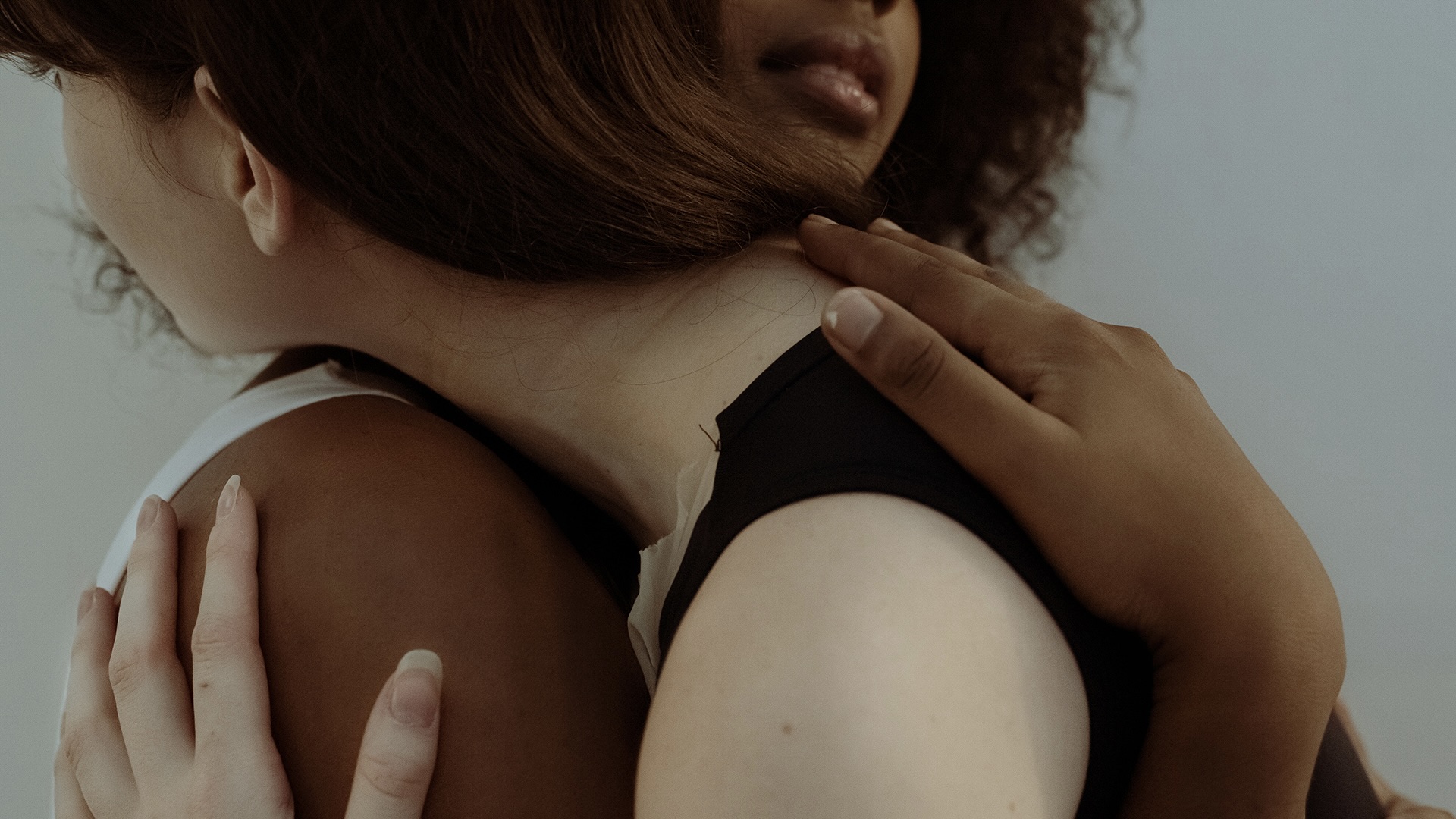

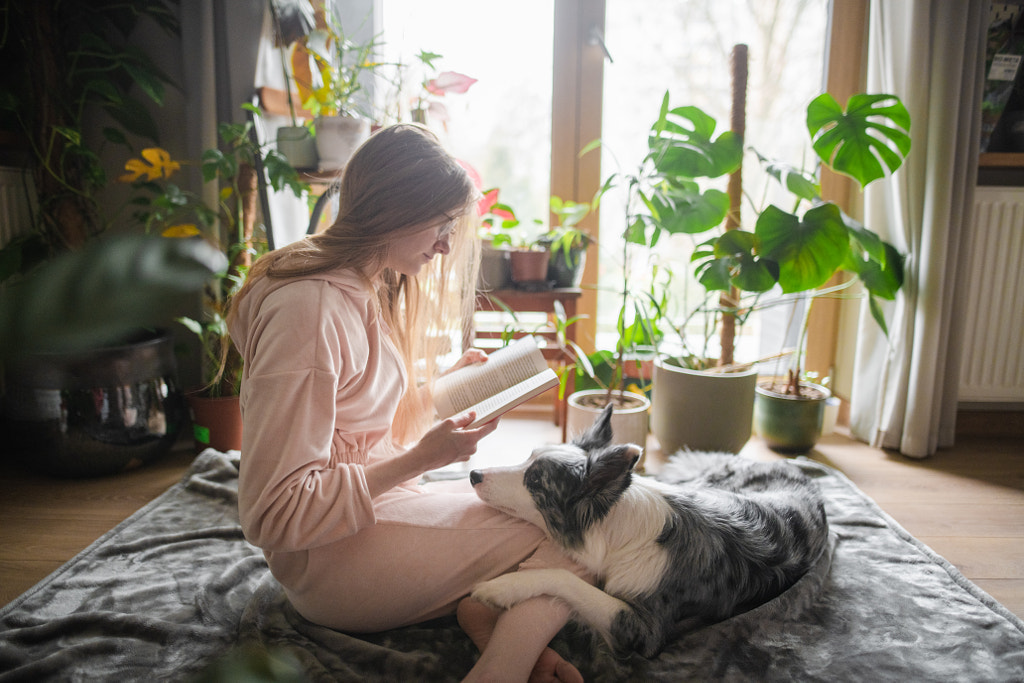

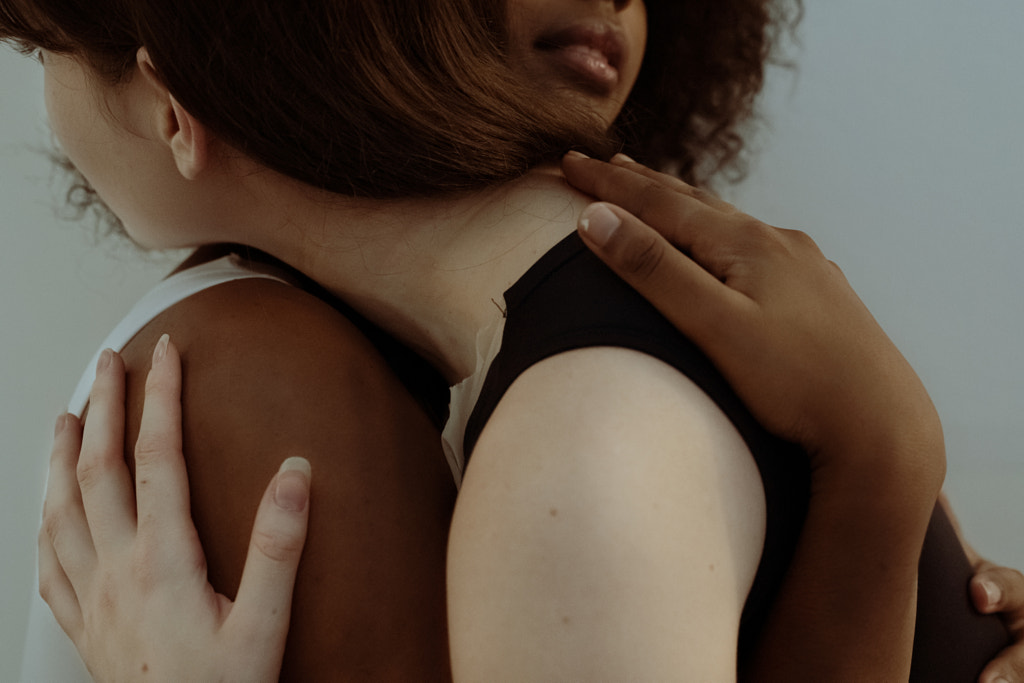
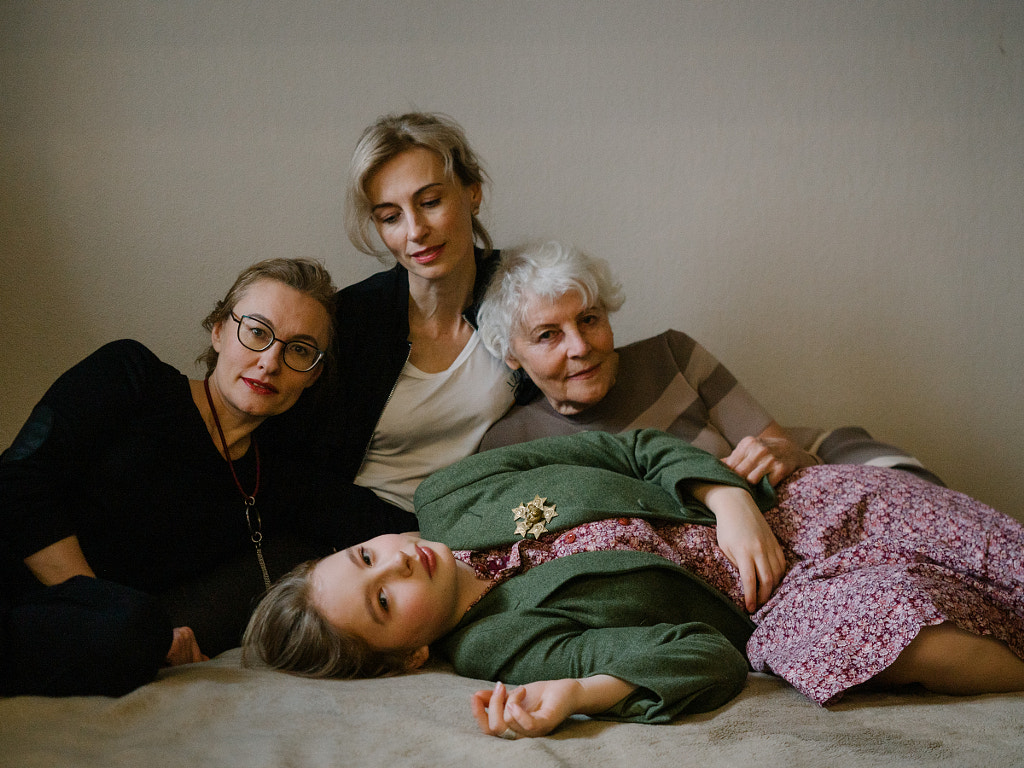
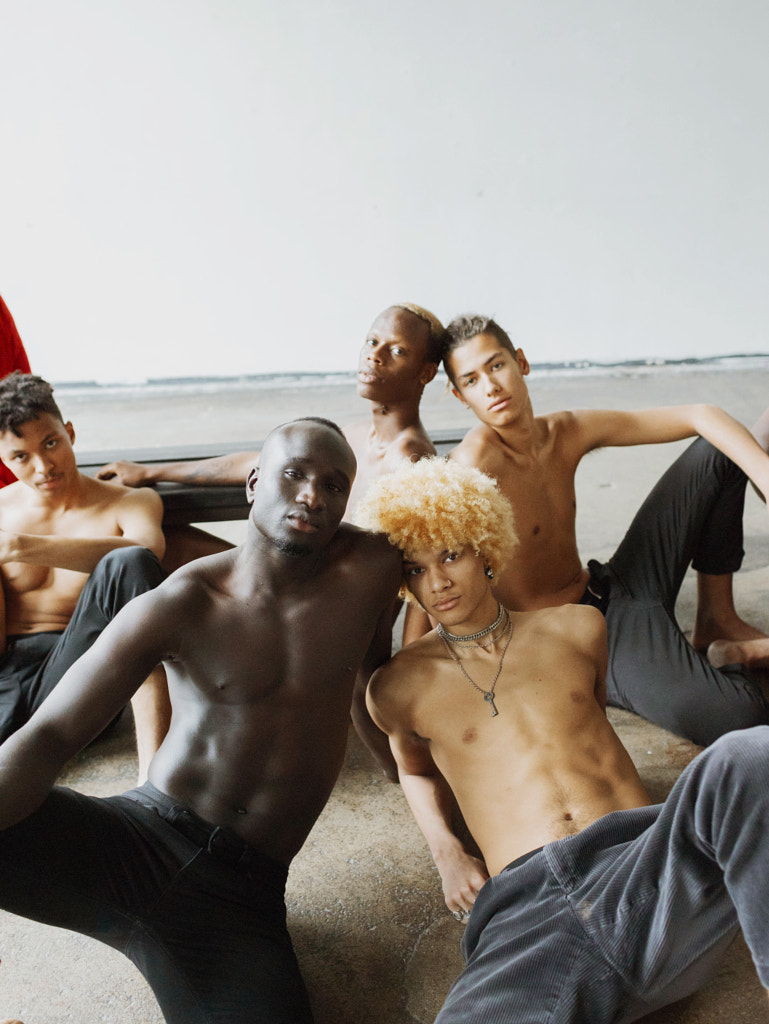




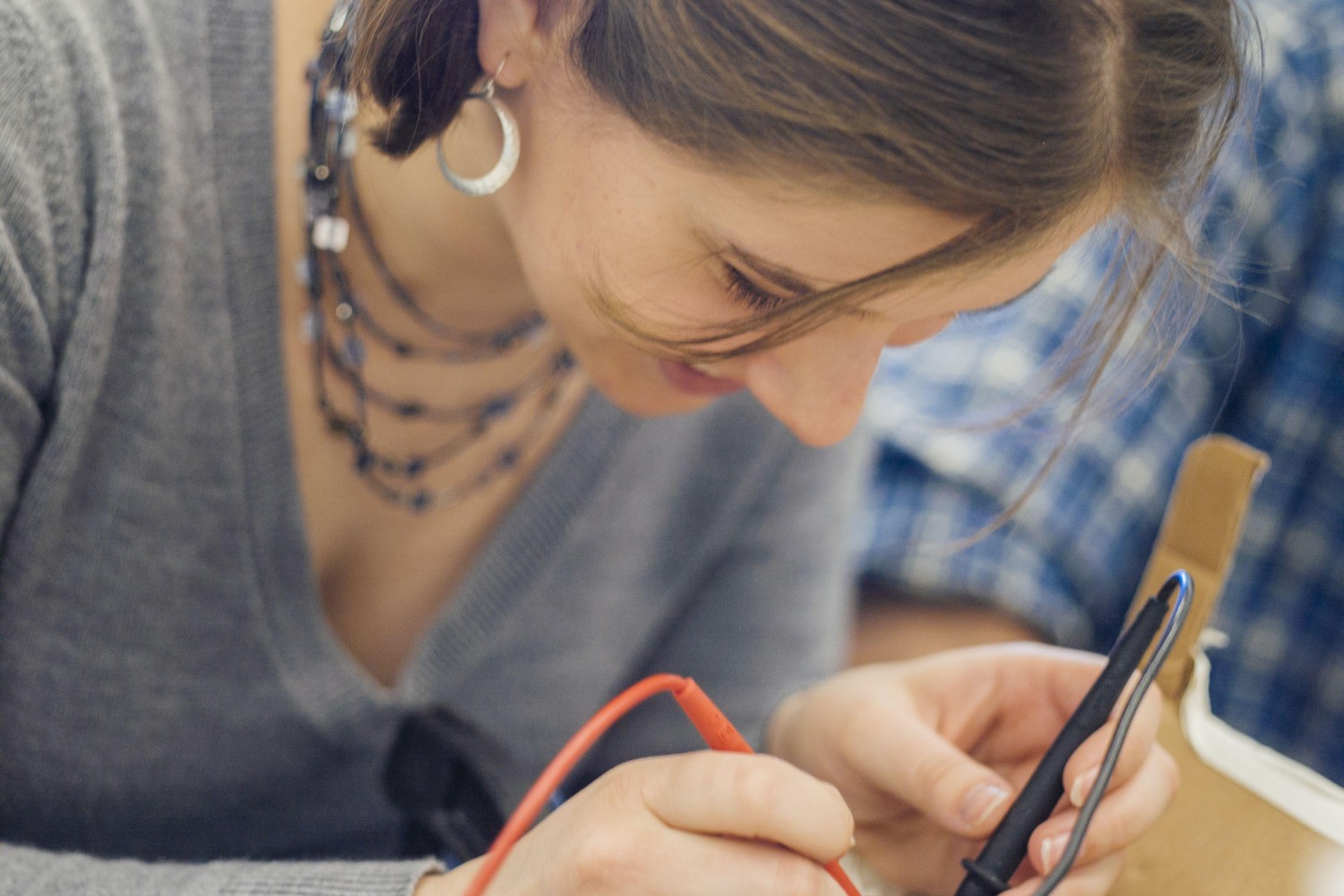
Leave a reply